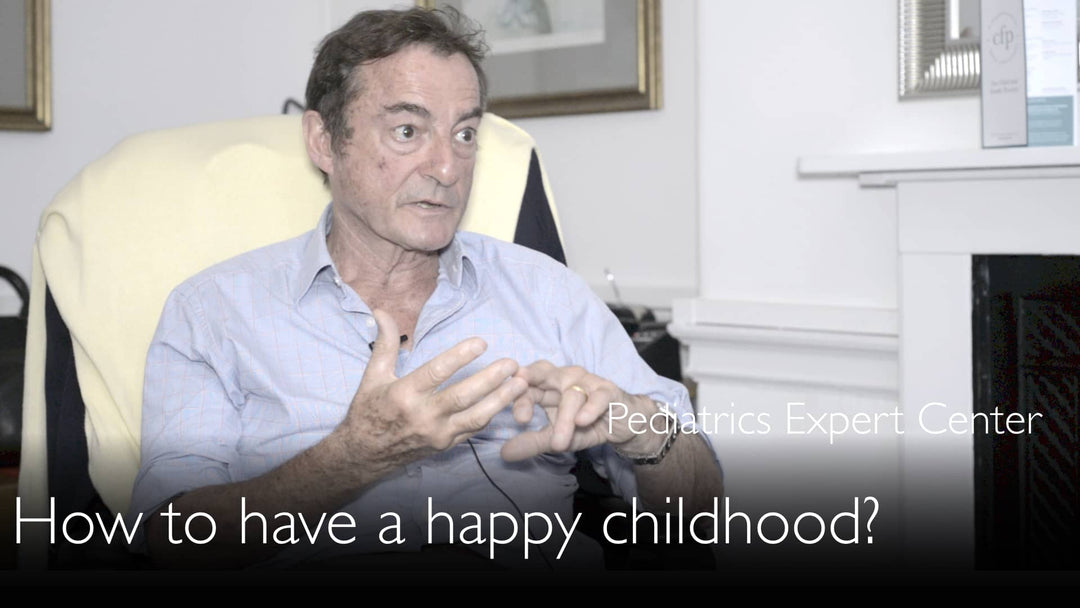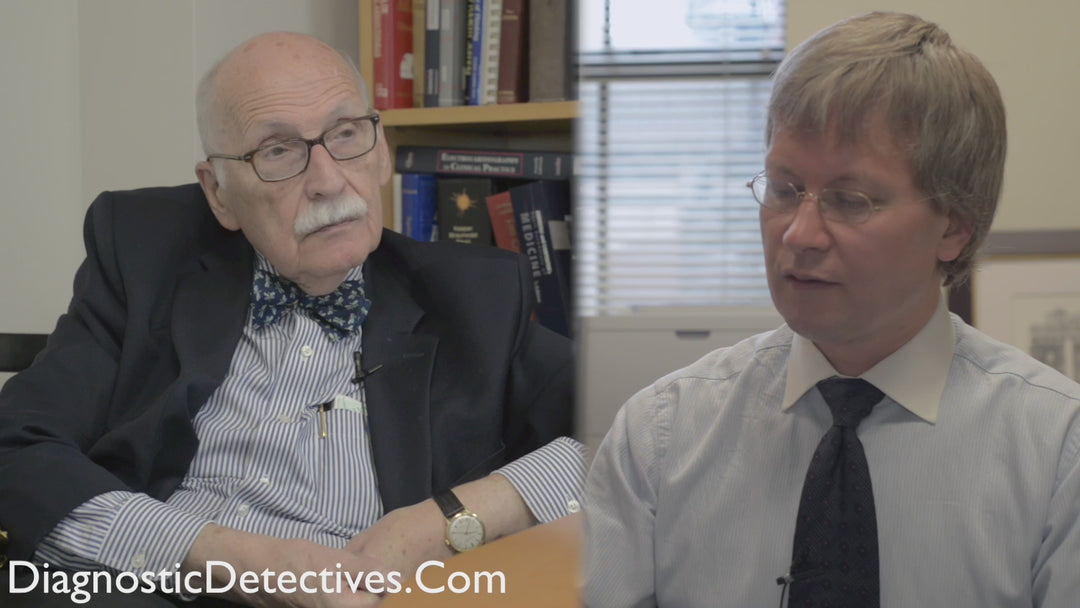Leading expert in child development and behavioral pediatrics, Dr. Ricky Richardson, MD, explains the foundations of a happy childhood. He emphasizes the critical role of loving, supportive parenting in a child's well-being. Dr. Ricky Richardson, MD, highlights that family disruption and parental conflict are primary sources of childhood unhappiness. He also discusses the historical importance of education and public health measures, like hygiene, in improving overall child welfare.
Essential Factors for a Healthy and Happy Childhood Development
Jump To Section
- Role of Loving Parents in Child Development
- Impact of Family Disruption on Children
- Behavioral Problems and Their Origins
- Education and Child Well-being
- Historical Public Health Lessons
- Full Transcript
Role of Loving Parents in Child Development
Dr. Ricky Richardson, MD, states that the most important aspect of a healthy childhood is having loving parents. This universal need for warm and supportive parenting is consistent across different parts of the world. Parents provide the essential emotional foundation that allows a child to thrive and feel secure.
Impact of Family Disruption on Children
Family disruption is a major source of difficulty for a child. Dr. Ricky Richardson, MD, explains that separated or divorced parents often create a challenging environment. An acrimonious relationship between parents directly results in a very difficult and unhappy childhood for their children.
Behavioral Problems and Their Origins
Many children with behavioral problems are struggling due to their home environment. According to Dr. Ricky Richardson, MD, these children often "come off the rails" because their parenting was not warm and loving. This lack of support is a primary reason they are referred for medical and psychological help.
Education and Child Well-being
Dr. Ricky Richardson, MD, highlights the growth of education over the last hundred years as an enormously important contribution to child well-being. Access to education provides children with knowledge, social skills, and opportunities, which are fundamental components of a happy and successful life.
Historical Public Health Lessons
The interview with Dr. Anton Titov, MD, and Dr. Ricky Richardson, MD, draws parallels to public health. Dr. Richardson uses the historical example of tuberculosis treatment. He notes that successful therapy started with improving hygiene long before antibiotics were available, showing how environmental factors are crucial for health. Clearing up the environment had an enormous impact on reducing infectious diseases, a lesson that can be applied to creating healthier environments for children today.
Full Transcript
Dr. Anton Titov, MD: How to ensure a healthy and happy childhood? Maybe it is different for different parts of the world.
Dr. Ricky Richardson, MD: I don't think it is different in different parts of the world. The most important aspect of having a healthy childhood is to have loving parents. Parents should give you as a child all of the support.
It is always striking to me how parenting matters so much. Children go off the rails in many cases because the parenting they have had has not been warm, loving, and supportive. These are children with behavioral problems.
They come to see us because they are struggling. They come off the rails. Childhood problems start in the family that is disrupted.
There are often separated, divorced parents. There is a struggle and acrimonious relationship between the parents. This results in a child having a very difficult childhood.
Dr. Anton Titov, MD: This childhood makes him or her very unhappy. From a medical and psychological perspectives, what are the key factors for child development? Is there anything you would highlight as necessary for happy childhood?
Over the last hundred years, the growth of education has been an enormously important contribution to well-being. After all, it is worth remembering a simple fact.
Dr. Anton Titov, MD: The successful treatment of tuberculosis started to occur long before streptomycin antibiotic became available. It happened because of the focus on hygiene.
Tuberculosis therapy started with improving hygiene. It was recognizing that tuberculosis bugs live in a dirty environment. Starting to clear up the environment had enormous impact on the reduction of infectious diseases.
Dr. Ricky Richardson, MD: The battle to conquer infectious diseases has been one of the great contributions in medicine and health care over the last hundred years.







